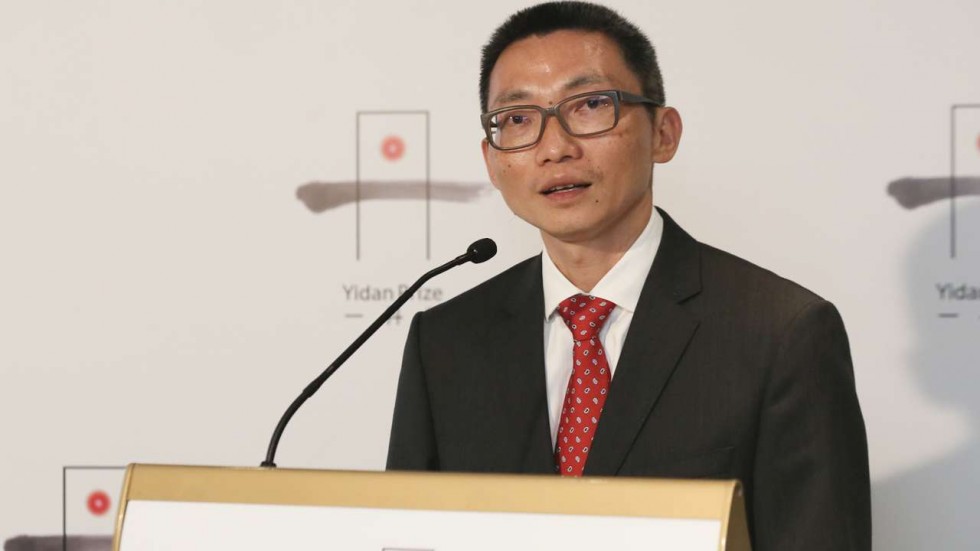Chen Yidan, Tencent co-founder.
Yes, the machines are coming and they will replace humans in most jobs, but that still not causes for fear, according to Chen Yidan, Tencent co-founder.
The World Bank estimates that three out of four jobs in China can be replaced by automation by 2030. The developed economies are not spared either.
“Looking back at history, this isn’t the first time that humans have experienced dramatic technological changes,” said Chen, who turns 47 this year, left Tencent in 2013 and spends his time on his charitable foundation. “Technology could possibly replace some jobs, but at the same time, it also creates jobs.”
While technological innovation has always led to job losses – think lamplighters after the electric bulb or coachmen after the automobile – the potential for machines to handle repetitive tasks with little fatigue or error has taken a scythe through huge swathes of jobs across various trades. And with artificial intelligence, even areas such as music and the arts, once thought to be impervious to the march of the bots, is coming under siege.
Looking back at history, this isn’t the first time that humans have experienced dramatic technological changes, according to Chan.
Chen stands on the side of the optimists, who feel that AI can help free people from the mundane, and create opportunities for other higher-value work. His view is echoed by Alibaba Group chairman Jack Ma, who said that the focus should be on changing education systems to “let humans do things that humans are good at.”
On the other side are people like Tesla and SpaceX founder Elon Musk, who has called AI the “summoning of the demon”. He has also warned that the global competition to lead in artificial intelligence will cause the next world war.
Manufacturing and retailing, and largely routine and physical work such as food preparation, packaging, and welding on an assembly line, are some of the sectors at high risk to be automated, according to a 2016 report by McKinsey & Co.
Knowledge work, on the other hand, which involves decision making, creative activities or managing people in sectors including health care and education, will be least likely to be replaced by automation, the same report found.
To better prepare for a future where machines are doing many of today’s jobs, China needs to shake up its education system, which has not changed for years, Chen said.
The essential attributes needed for the future workforce include being able to traverse different disciplines, being entrepreneurial, in addition to possessing digital and technical skills, according to a 2016 report by Yidan Prize, a project set up by Chen to award educators worldwide.
“The types of job offered in the future labour market will be radically different as technology pushes the world forward … and to fit into the changing job market, the existing education system should be better equipped to nurture talent needed in the future,” Chen said.








